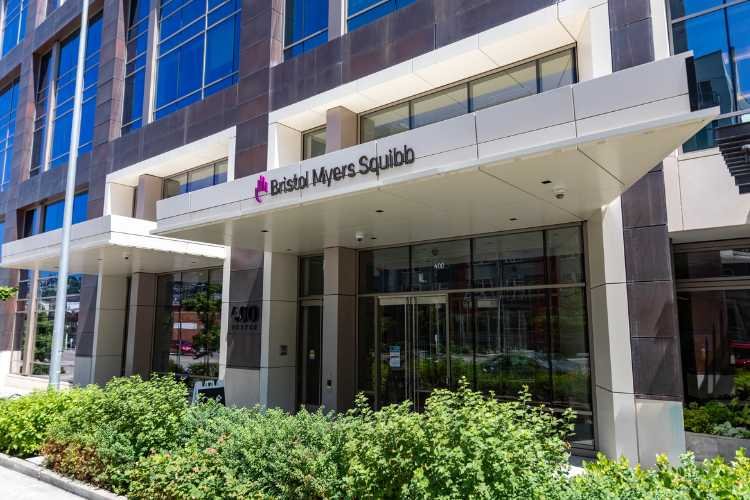Bristol Myers Squibb (BMS) and Celgene’s widely-used multiple myeloma treatment, Pomalyst, has found itself entangled in a legal battle after a decade on the market. Blue Cross and Blue Shield of Louisiana has filed a lawsuit alleging that Celgene employed an unlawful strategy to maintain a monopoly over the drug, resulting in purchasers overpaying by potentially “hundreds of millions, if not billions” of dollars over the years.
BMS, the current owner of Pomalyst, has yet to respond to inquiries regarding the lawsuit, which comes after its acquisition of Celgene in a $74 billion deal in 2019.
The lawsuit contends that Celgene engaged in deceptive practices, including pursuing fraudulent patents, manipulating the federal judicial system, and sharing profits with generic drug manufacturers to stifle competition.
Specifically, Blue Cross and Blue Shield of Louisiana asserts that Celgene knowingly obtained certain patents using publicly available information. To safeguard these patents, Celgene initiated legal actions against generic competitors that were deemed to have little chance of success.
Furthermore, the lawsuit alleges that Celgene made substantial payments, often exceeding nine figures, to generic companies through “reverse payment” patent agreements as an additional measure to protect its market dominance.
In response to these allegations, the insurer is seeking a jury trial and compensation amounting to three times the alleged overcharges.
Pomalyst was a significant revenue generator, amassing $3.4 billion in sales in the previous year. It was BMS’s third-largest revenue contributor, following closely behind other blockbuster drugs, Eliquis and Opdivo.
This legal dispute underscores the importance of transparency and fair competition in the pharmaceutical industry. As the case unfolds, it will be closely watched for its potential financial implications and its broader impact on the landscape of drug pricing and market competition.





























